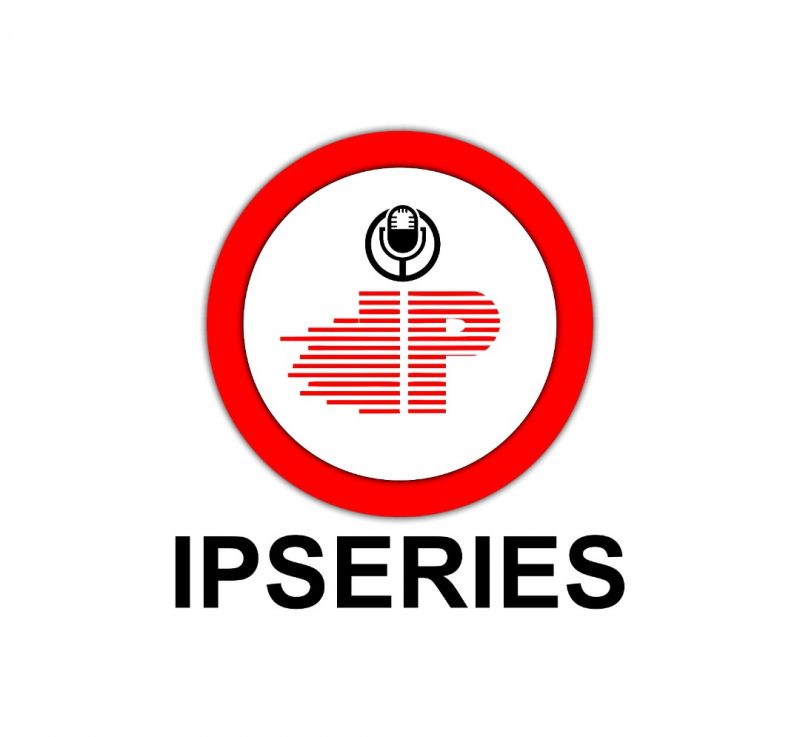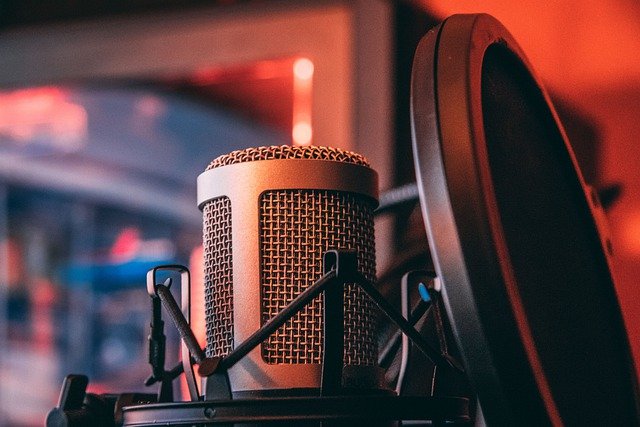 The interplay of music business and intellectual property depends on the long-term goal an artist has for themselves and touches on the following such as publishing, copyright, law, management, touring, accounting, music streaming expected to grow by 20.7 percent on an annual basis”.
The interplay of music business and intellectual property depends on the long-term goal an artist has for themselves and touches on the following such as publishing, copyright, law, management, touring, accounting, music streaming expected to grow by 20.7 percent on an annual basis”.
Intellectual Property (IP) is an intangible asset in the form of Copyright, Trademark, Patent, Industrial design, Trade Secret, Geographical Indications (GI), Traditional Knowledge (TK), Biotech and Plant Variety (PV) where the owners enjoy the exclusive rights attached to the work from the creation of their mind, enjoying legal backing and protection based on the territory for creation and innovation for a term to be used in commerce.[1] Artists have access to the following IP:
Copyright: WIPO defines it as a legal term used to describe the rights that creators have over their literary and artistic works. Examples of works that enjoy copyright protection under section 1 of the Nigeria Copyright Law: Literary works, Musical works, Artistic works, Cinematograph works, Sound recording works and Broadcasts
For a work to enjoy copyright protection it must be in a fixed medium thereby giving the owner legal protection or backing by the law for a limited period of time that allows him to control the use of his work in order to receive remuneration.
Related Rights: are granted to a few categories of people for their important role in communicating and disseminating some type of work to the public. The exclusive rights include Rights of Performers, Rights of broadcasting organizations in their radio and TV programs and in internet broadcasts e.g. podcast and Rights of producers of sound recordings.
According to section 26 (1) of the Nigerian Copyright Act they include:
Right to perform
Right to record
Right to broadcast live
Right to reproduce in any material form
Right to adapt the performance
Subsection 2 define performance to include:
Dramatic performance (dance and mime)
Musical performance and a reading or recitation of literary act or any similar presentation or live performance given by one or more individuals.
Trademark: could take the form of a word, sign, slogan, title, symbol, sounds, smell etc. used in relation to business or used in identifying the commercial origin of a product and service. This form of IP provides the best value which is overlooked by creatives who only focus on copyright and related rights instead of opting for a multi-layered protection and increase the chances of exploiting the business and commercial aspect of their work, especially in Nigeria. For example:
Rihanna’s use of Fenty – last year the artist sued her father Ronald Fenty, in a dispute over the use of the Fenty name by their respective companies.
Pitbull recently trademarked his signature yell “EEEEEEEYOOOOOO” as a sound trademark, joining the ranks of fewer than 40 sounds that fall under trademark protection.
Pitbull’s legal team believes his now trademarked “EEEEEEEYOOOOOO” is the first trademarked call sign by a music artist.[2]
Taylor Swift wanted to own “This sick beat”.
Cardi B sought to trademark “OKURRR” but it was rejected.[3]

During the pandemic, the case of Anita ‘Lady A’ White v the band Lady A, formerly known as Lady Antebellum on the name “Lady A”, was at the center of a trademark dispute. This goes to show that artists can consider trademarks which regards to their stage name and also commercialize it, like Ariana Grande who has a perfume line and a host of other artist who have created merchandise and recently Burna Boy (from Nigeria) created a merchandise for the song “Monster you made” from his “Twice as Tall” Album, we also saw DJ Cuppy create a merchandise last year Gelato Merch at the Payporte store[4]
In conclusion some of the benefits of registering your trademark as an artist will include:
- It grants an artist the right to sue for damages against unauthorized users of the mark.
- It grants an artist the right to benefit from statutory damages as a monetary award.
- It is a source identifier.
- It is also advisable for artist to explore a multilayered form of IP protection, so they have multiple streams of income.
[1] Rita Anwiri Chindah 2020










